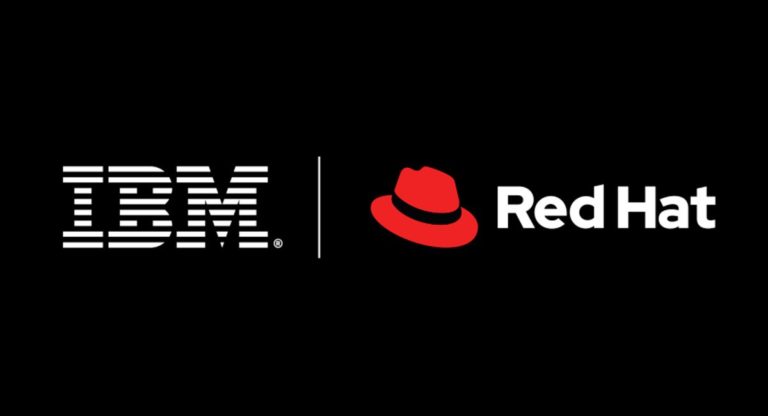Red Hat OpenShift Data Foundation is a form of software-defined storage for portable and modular operating environments known as containers. And according to Red Hat Inc., an IBM Corp. company, it is now added to the original Red Hat OpenShift Platform Plus hybrid cloud platform.
Persistent storage is necessary as containers are stateless, meaning any modifications performed are lost once the container is terminated.
Although this enables them to be quick and flexible, it also means that the programs not designed particularly for containers cannot use them.
On the other hand, Red Hat OpenShift Platform Plus offers a systematic approach to secure, defend, and deploy applications throughout Kubernetes clusters, even though they traverse several clouds.
The package contains a Kubernetes-based hybrid cloud foundation, cluster management, security, universal cluster data management, and a container registry throughout multi-cloud and hybrid systems.
The inclusion of OpenShift Data Foundation provides access to standard data services that function throughout an organization’s container environment, preventing data silos from developing.
In addition, version 4.9 introduces multi-cloud object connector domain buckets, which provide a more versatile solution to meet data demands across many cloud locations.
Data may be stored in a single area while simultaneously being accessible from numerous places without any need for duplicates.
In addition, persistent volume mode enables customers to store and keep encryption keys apart from their cluster and employ their vital management services, a critical need for several financial services businesses.
Benefits for existing Red Hat customers
Customers with a Red Hat OpenShift Platform Plus membership receive OpenShift Data Foundation Essentials for free in exchange for their existing subscription.
OpenShift Data Foundation Advanced includes disaster recovery, standalone & mixed-use storage support, and multi-cluster workload support.
